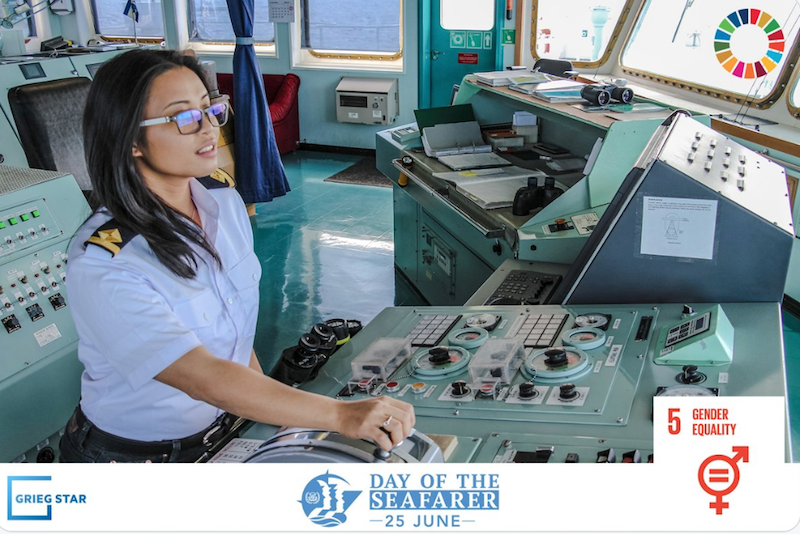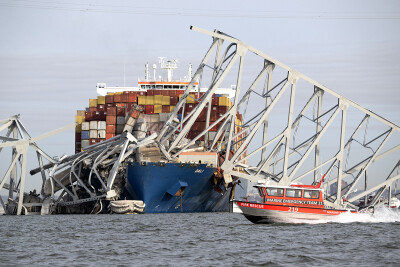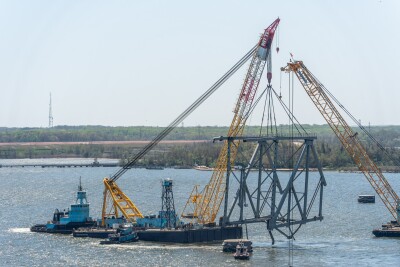Last month, International Maritime Organization (IMO) Secretary-General Kitack Lim welcomed the commitment of 13 countries to facilitate crew changes and achieve key worker designation for seafarers. The commitment came in the form of a joint statement following a virtual summit hosted by the UK government on July 9.
The IMO said the step represents significant progress to help resolve a growing crisis facing the maritime industry, and would help enable hundreds of thousands of stranded seafarers to go home or join ships.
In a joint statement, representatives from 13 countries expressed their deep concern about the current crisis and acknowledged that “the inability of ship operators worldwide to conduct ship’s crew changes is the single most pressing maritime operational challenge to the safe and efficient movement of global trade.”
The joint statement was signed by the following countries: Denmark, France, Germany, Greece, Indonesia, Netherlands, Norway, Philippines, Saudi Arabia, Singapore, United Arab Emirates, United Kingdom and the U.S.
Quintin Kneen, president and CEO of OSV giant Tidewater Inc., discussed the crisis during the company’s second-quarter earnings call on July 31. “There are over 50,000 ships around the world of all different types and today an estimated 200,000-plus mariners are stranded on vessels and in need of repatriation. I’m taking a moment on today’s call to highlight their plight, as they appear to have been forgotten by governments rushing to address the more obvious concerns manifested by the pandemic.
“Shipping moves 80% of the global commerce and is an essential part of keeping the global economic recovery going. So my call to action is this: Please join us in supporting the formal recognition of these individuals as key workers. This would exempt mariners from travel restrictions and enable them to travel to and from ships. Groups like the International Chamber of Shipping, the International Maritime Organization, the International Labor Organization and the International Transport Workers’ Federation are all championing this issue. To the extent that you can help our cause, I urge you to do so.”
Since the beginning of the Covid-19 pandemic, travel restrictions and border closures imposed by governments around the world have caused significant hurdles to crew changes and left hundreds of thousands of seafarers stranded onboard ships or unable to join ships. It's estimated that as of July 31 at least 200,000 seafarers worldwide were stranded on ships and required immediate repatriation. A similar number urgently need to board ships to replace them. This has led to a growing humanitarian crisis, the IMO said, in addition to concerns that seafarer fatigue and mental health issues may lead to serious maritime accidents. There are also concerns about the continuity of the global supply chain.
“It is time to act for seafarers. Safe ship operations and crew well being should not be compromised. The humanitarian crisis seafarers face has implications for all of us, for the world economy, and for the safety of life at sea and the environment,” IMO's Lim said.





